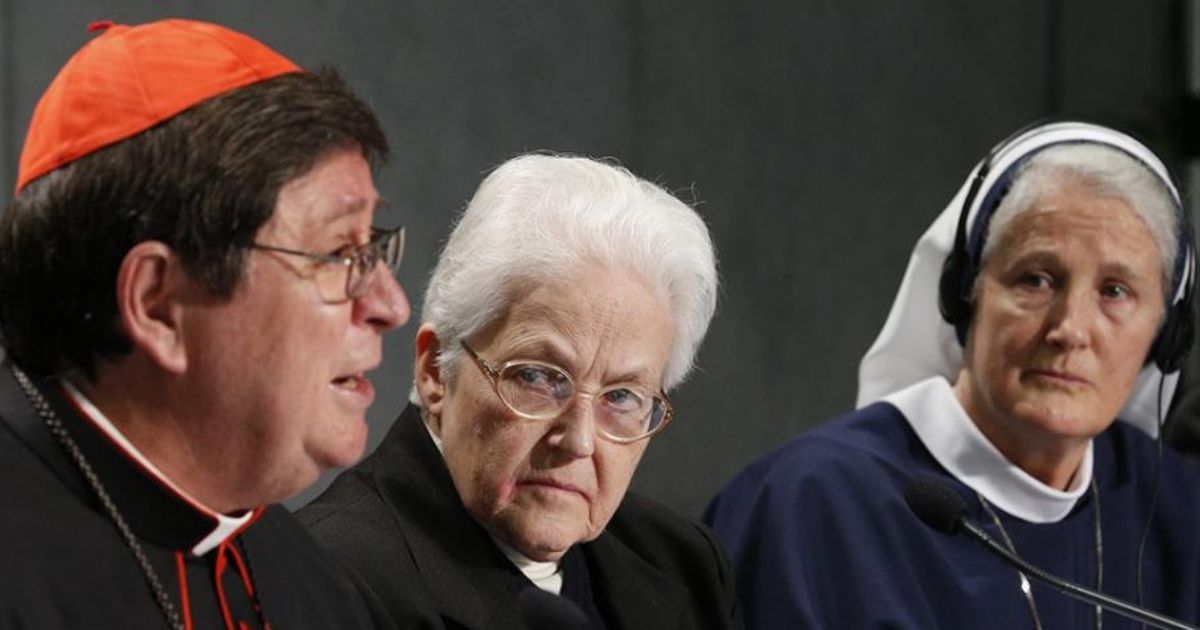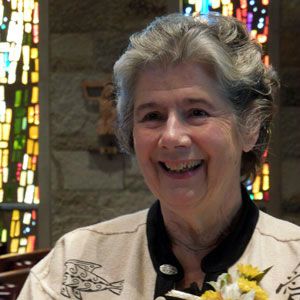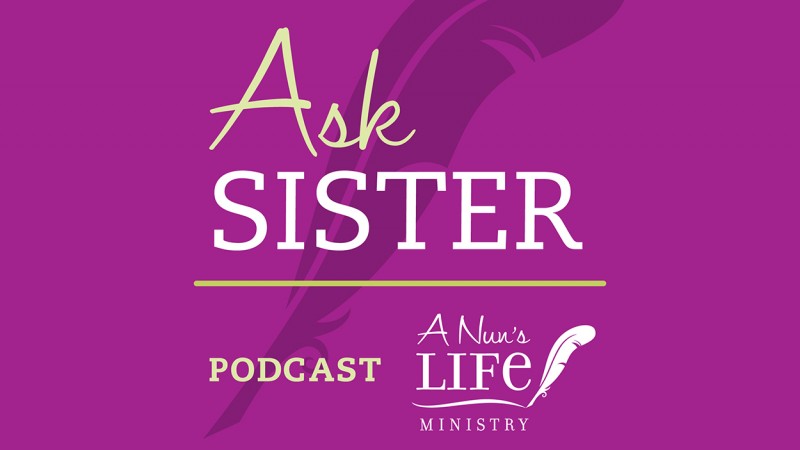
Sister Karlyn Cauley belongs to the Sisters of the Divine Savior in Milwaukee, WI. A studio artist, she ministered in art education and with sisters in temporary vows in her congregation's formation program for many years. Presently, she does ecumenical work in the adult spirituality of women.
 In your experience, is canon law oppressive of women religious, or is it more of a legal protection? Do you think religious congregations could use civil law more to enhance their ministry?
In your experience, is canon law oppressive of women religious, or is it more of a legal protection? Do you think religious congregations could use civil law more to enhance their ministry?
The apostolic visitation of 2010 that involved many religious congregations of women in the United States had a profound effect on sisters. The few bishops who had singled out the religious of the United States for this investigation began a difficult process. We were surprised, even shocked to think we may have been unfaithful to the church we loved.
But later, the Leadership Conference of Women Religious, our congregations, and we who live a life of fidelity as sisters realized the great benefits we received from reclaiming our charisms and identities and keeping our church and ourselves in profound prayer in the four-year process.
Public media followed the process and gave new visibility to both apostolic and contemplative communities, attracting women to inquire about our lives. Many people wrote and thanked congregations who educated them and set them on their life journeys. And not just Catholics: Sisters were affirmed by a wider audience of admirers who knew how the sisters care for people on the margins of society.
Many of our congregational leaders took advantage of teams of canon lawyers who made themselves available to help us through the visitation.
LCWR is a recognized canonical organization with bylaws for governance. It is also a civil organization governed by civil law. Civil law has many requirements for finances, licensing institutions, incorporation of hospitals, schools, clinics and the parishes where the sisters have residences. Some of the most complex requirements exist for health institutions and their services to patients.
Both religious and secular cultures impact our lives as sisters. Many congregations in the United States have legal and financial advisers who provide internal checks and balances to meet the many civil law and canonical law requirements. Most ministries of sisters and the institutions where they minister are not-for-profit organizations. It means the work is not taxed, and there are strict legal guidelines for maintaining such status.
We tend to think our lives as sisters are lived according to our Rule of Life/constitutions, which were approved canonically, but many areas of our life also receive structure from civil law. Sisters make wills, need help after a car accident, have Social Security concerns, and get medical treatment — all common ways civil law protects and provides for members.
After being elected by the members, our community leadership must learn a great amount of information and have capable legal advisers. They need our prayers to do their ministry wisely.
We're delighted to bring you this blog from the monthly feature "The Life" courtesy of our friends at Global Sisters Report. This month "The Life" panelists shared stories from their own congregations and other groups of women religious of how they benefit from legal structures afforded by their own constitutions as well as civil and canonical law. Click HERE to read more blogs from The Life, GSR's monthly feature about the unique, challenging and very specific lives of women religious around the world.
